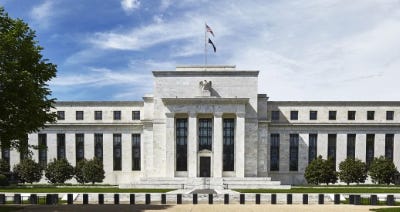The United States Federal Reserve (the “Fed”) declined to raise interest rates this month, as was widely expected. The decision to pause rate hikes was based on the belief that inflation is starting to peak, but the Fed’s representatives have alluded to the possibility that they will continue to raise rates until they feel inflation is under control.
The ability of the Fed to impact people and businesses worldwide as they increase or decrease interest rates is a reminder of the power that central banks have over the global economy. Central banks use that power in order to manipulate inflation, employment, and economic growth. However, that power comes with a cost, as central bank policies and actions can also cause significant economic instability, since it becomes difficult for everyday people to plan for the future.
Overreaches by central banks through the years have served as a catalyst for many people entering the Bitcoin space, since Bitcoin cannot be created or controlled by central banks. In fact, as Bitcoin adoption grows, many see the possibility that central banks will become less important, and eventually, no longer able to control the global economy at all.
The future of money is uncertain. However, Bitcoin has the potential to change the way we think about government control over money. If Bitcoin is successful, it could even lead to a world where central banks are abolished altogether.
Subscribe to The HiFi Bitcoin Letters for free to get the latest news about Bitcoin and the people, groups, and businesses that build on top of it!




